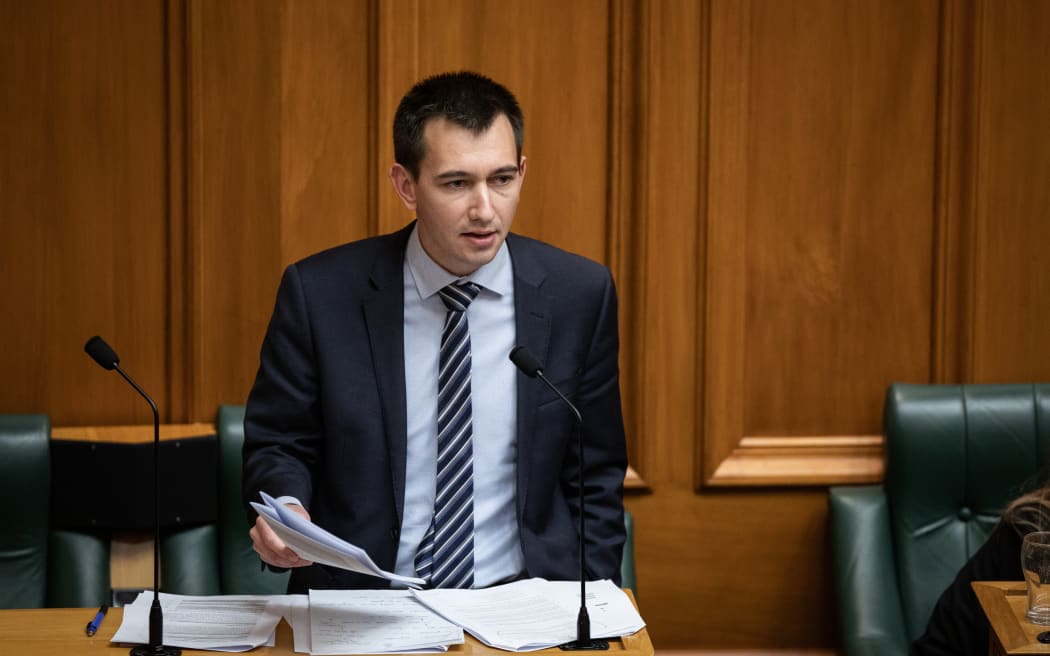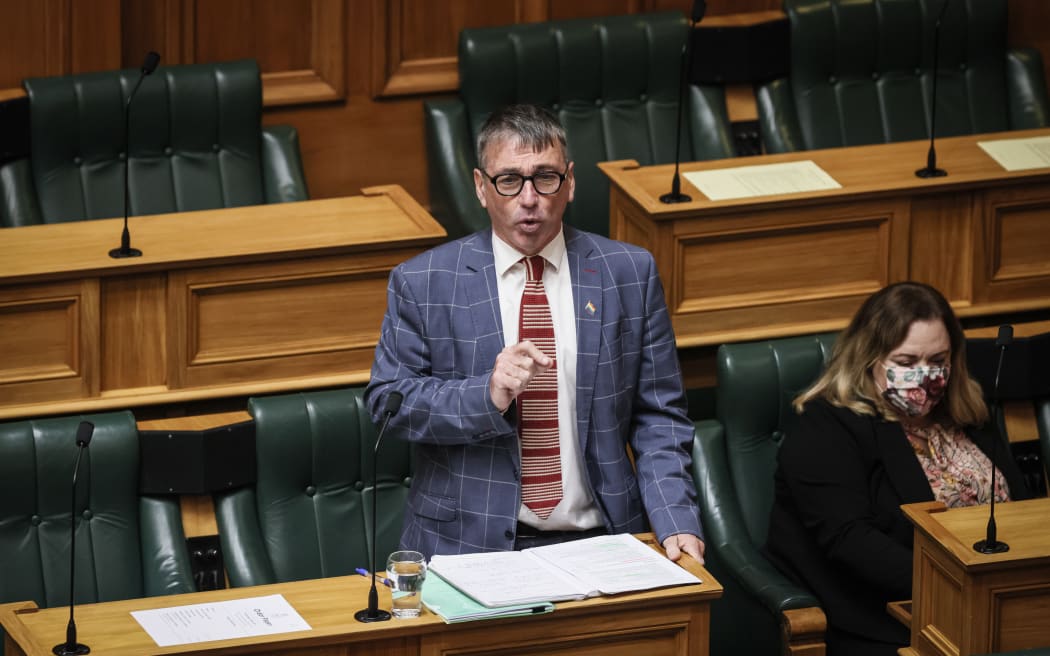Today MPs finished the last week of a rare four-week sitting block at Parliament, during which the government’s programme of moving legislation through under urgency continued at breakneck pace.
Here’s a little summary of what went down this week:

Simeon Brown in the House Photo: ©VNP / Phil Smith
The Road User Charges (Light Electric RUC Vehicles) Amendment Bill was read a first time. The previous government sought to encourage the adoption of electric cars by exempting them from Road User Charges (usually paid by vehicles that don’t use petrol and the inherent excise). This bill removes that exemption from fully electric cars and PHEVs (plug-in hybrids). PHEVs will end up paying the excise on their petrol and then also a Road User Charge. Transport Minister Simeon Brown said it was only fair that light electric vehicle owners also pay their fair share for using roads.
Also in the transport space, the remaining stages of the Land Transport Management (Repeal of Regional Fuel Tax) Amendment Bill were passed, removing the 11.5 cent per litre Auckland regional fuel tax imposed by the previous government. The Greens’ Julie-Anne Genter was a frequent speaker throughout, warning that without more investment in public transport, the Bill would create more road congestion.
MPs turned to the first reading and referral to select committee of the Firearms Prohibition Orders Legislation Amendment Bill under the name of Associate Minister of Justice Nicole McKee who said the Bill would help public safety by giving police greater search powers to enforce prohibition orders upon gangs. Green MP Tamatha Paul however said the Bill would disproportionately add to the workload of police and was a misguided attempt to curb gang behaviour.
Earlier, the Business Payment Practices Act Repeal Bill passed through all stages, repealing legislation that was due to come into effect this year requiring businesses to disclose the time they take to pay invoices. ACT’s Laura Trask spoke in support of the repealing bill, saying the main reason for urgency without repealing it the former legislation means that "3,000-plus businesses would have to upgrade their technology and then the Ministry of Business, Innovation and Employment would have to spend an enormous amount of money to get the system up and ready to go".
Parliament also debated the remaining stages of the Legal Services Amendment Bill; legislation that ends taxpayer funding to provide reports for judges into offenders' backgrounds at sentencing. Labour's Duncan Webb said that the legislation reflected how the government had a one-dimensional view of equal treatment before the law. "It takes no account for the distinctions of people, where they come from, their circumstances, and their financial and wider ability to wrestle with the justice system."

Labour MP Duncan Webb speaking in Parliament's debating chamber Photo: Phil Smith
This afternoon, urgency was moved again. Among the bills which were introduced and had first readings was the Fast-track Approvals Bill, which the government has described as an attempt to cut red tape in the development of big infrastructure projects, legislation which gives singular power to approve projects to individual ministers; and The Gangs Legislation Amendment Bill, which bans patches and gang insignia in public places, and introduces dispersal powers to stop gang members consorting in public and makes membership in gangs an aggravating factor in sentencing.
The Courts (Remote Participation) Amendment Bill, which seeks to enable better virtual participation in court proceedings, was introduced and had a first reading. In what has been a rare move so far this term, some of these bills are heading to select committee where public has the chance to give input.

